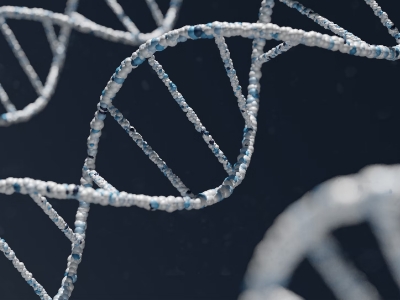Schizophrenia: Symptoms, Risk Factors, Causes, and Treatment

What is Schizophrenia?
Schizophrenia is a mental disorder in which people interpret reality abnormally. It may result in some combination of delusions, hallucinations, and extremely disordered thinking and behavior that weakens daily functioning, and can be disabling. People with this condition require lifelong treatment. Early treatment may help get symptoms under control before serious problems develop and may help improve the long-term outlook.
Signs and Symptoms of Schizophrenia

Schizophrenia includes a range of problems with behavior and emotions. These signs and symptoms may differ, but usually involve hallucination, delusion, or disorganized speech, and reflect a weakened ability to function. Other symptoms include:
- Delusions. These are false beliefs that are not based on reality. It can also involve certain gestures or comments directed at you or you have exceptional ability or fame. Furthermore, it may also include delusions of having another person in love with you, or a major tragedy is about to occur.
- Hallucinations. These usually include seeing or hearing things that do not exist. Yet the person with this condition they have the full force and impact of a normal experience. Hallucinations can be in any of the senses, but hearing voices is the most common hallucination.
- Extremely disorganized or abnormal motor behavior. This may show in several ways, from childlike silliness to unpredictable agitation. This behavior can include resistance to instructions, inappropriate or bizarre posture, a complete lack of response, or useless and excessive movement.
- Negative symptoms. It refers to a reduced ability to function normally. For example, the person may neglect personal hygiene or appear to lack emotion. As well as the person may lose interest in everyday activities, socially withdraw or lack the ability to experience a pleasure.
- Disorganized thinking. Confused thinking is inferred from disorganized speech. Effective communication can be impaired, and answers to questions may be incompletely or completely unrelated. Rarely, speech may include putting together pointless words that cannot be understood, sometimes known as word salad.
Symptoms of Schizophrenia in Teens
- Lack of motivation
- A drop in performance at school
- Withdrawal from friends and family
- Trouble sleeping
- Irritability or depressed mood
Compared these symptoms in adults and teens may be:
- Less likely to have delusions
- More likely to have visual hallucinations
Risk Factors of Schizophrenia

These several factors may contribute to a person’s risk of developing this condition, including:
- Genetics. This condition sometimes runs in families. However, just because one family member has schizophrenia, it does not mean that other members of the family also will have it. Many different genes may increase a person’s chances of developing this condition, but no single gene causes the disorder by itself.
- Brain structure and function. People with this condition may be more likely to have changes in the size of certain brain areas and connections between brain areas. Some of these brain differences may develop before birth.
- Environment. A combination of genetic factors and aspects of a person’s environment and life experiences may play a role in the development of this condition. Environmental factors may include living in poverty, stressful or dangerous surroundings, and exposure to viruses.
Causes of Schizophrenia
Research has not identified one single cause of schizophrenia. However, it may be caused by a combination of genes and environmental factors. There is also evidence that psychosocial factors may play a role in the onset and progression of the condition. Heavy use of cannabis is associated with an elevated risk of the disorder.
Treatment and Management of Schizophrenia
Schizophrenia requires lifelong treatment, even when symptoms have subsided. Treatment with medications and psychosocial therapy can help manage the condition. In some cases, hospitalization may be needed. To coordinate care, the treatment team may also include a psychologist, social worker, psychiatric nurse, and possibly a case manager.
Medication Used for Schizophrenia
Chlorpromazine. It is a prescription medicine used to treat the symptoms of Schizophrenia and psychotic disorders. It is also suggested by doctors to their patients to control agitation and mania in people who have bipolar disorder. It works by helping to restore the balance of certain natural substances in the brain. It can reduce aggressive actions and the desire to hurt yourself or others. It may also help to decrease hallucinations.



